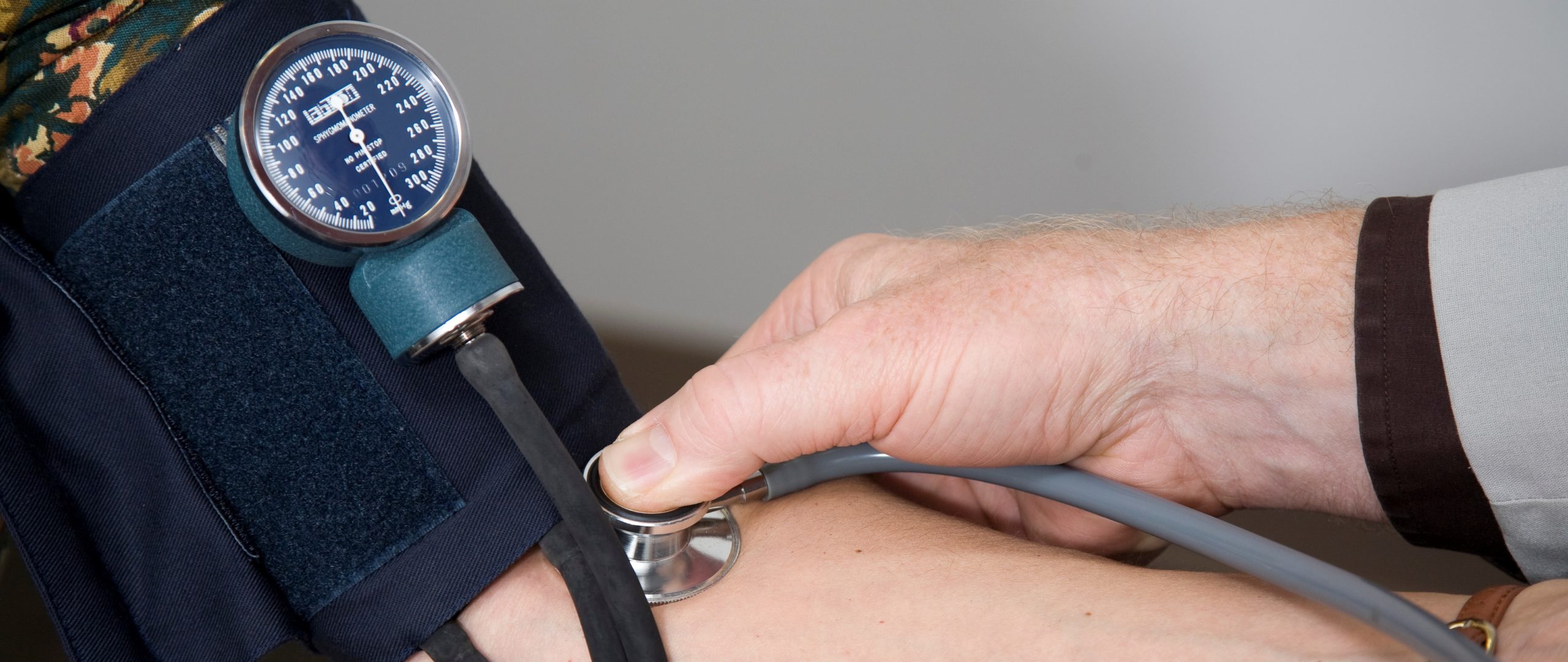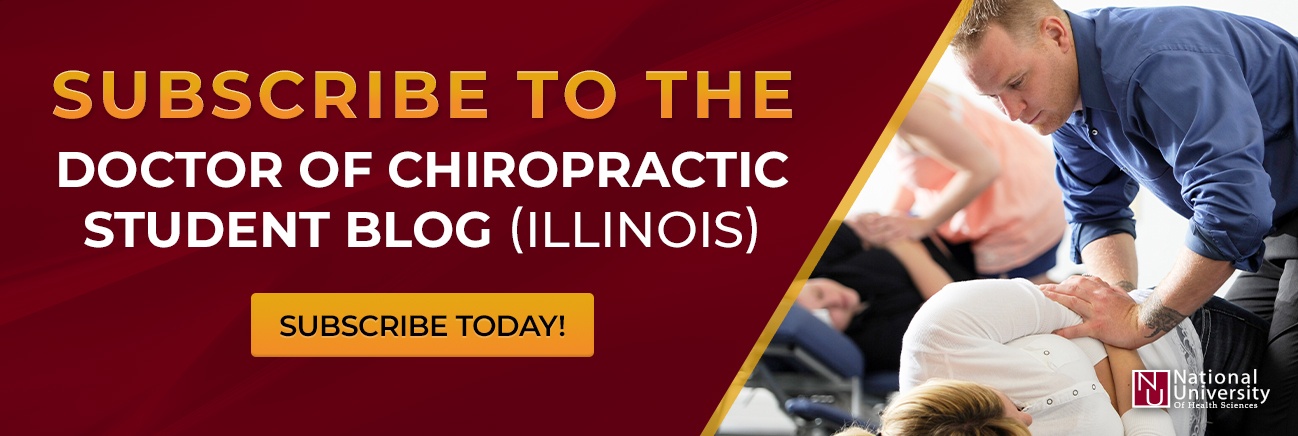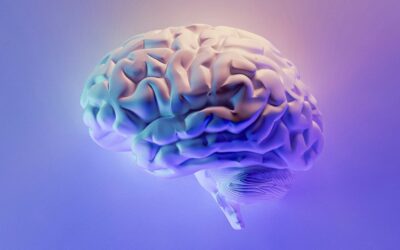In ambulatory trauma care, we discussed sudden illnesses and the care of individuals in this population. The STOP mnemonic evaluates causes for changes in responsiveness.
- “S” stands for sugar, seizures, stroke, and shock,
- “T” stands for temperature, which could indicate heat stroke or hypothermia,
- “O” stands for oxygen; an individual with a change in responsiveness may be due to inadequate oxygen, and
- “P” stands for poisoning and pressure on the brain, possibly due to drug/alcohol overdose, carbon monoxide poisoning, and head injuries.
As someone in the United States has a heart attack every 40 seconds, it is important to be aware of the symptoms of a heart attack. These symptoms include chest pain, sweating, dizziness, nausea/vomiting, numbness in the arm, shortness of breath, and fatigue. If a heart attack is suspected, have the person sit with their knees raised, and lean against a stable support. Call 911, as this is an emergency situation, and attempt to loosen tight clothing on the individual.

If the individual takes medication for a heart condition, help them take that medication. If the individual is alert, able to swallow, and not allergic, help the individual take aspirin. It is also important to monitor breathing, and to be aware of future stroke symptoms, as the effects can be permanent and occur due to a sudden interruption of blood flow to the brain.
The acronym FAST helps evaluate a possible stroke:
- “F” stands for face,
- “A” stands for arms,
- “S” stands for speech, and
- “T” stands for time.
Face drooping, arm weakness, speech difficulty, and time to call 911 are all important things to be aware of when helping an individual suffering from a stroke. Becoming aware of common conditions that patients suffer from will be invaluable for our future use in chiropractic care.
If you’re considering a career as a chiropractic physician, visit 5 Questions to Ask Before Selecting a Doctor of Chiropractic Program to find out more.





0 Comments